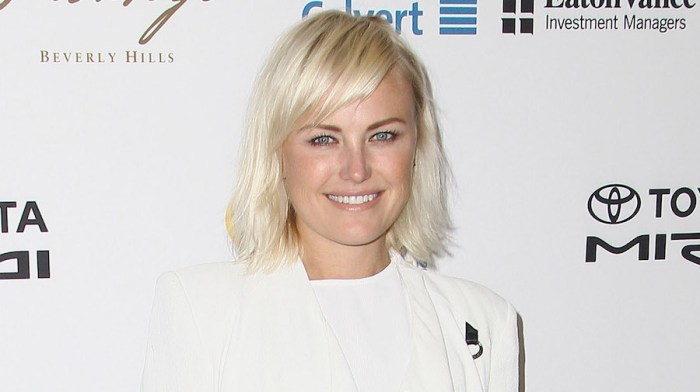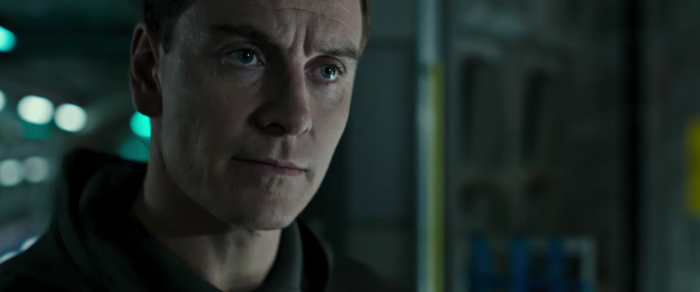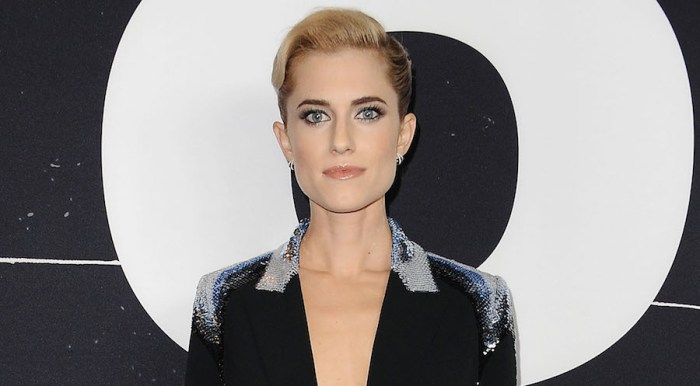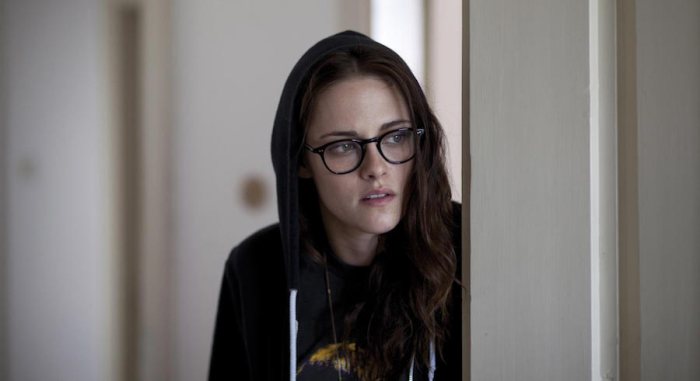Before she scored the “Twilight” gig, Kristen Stewart was simply a young actress. She was a child thespian, just like Jodie Foster, who played the mother of her tomboyish teen in David Fincher’s “Panic Room.” Among her first wave of raves was for a small but key role in “Into the Wild” — a turn that acclaimed French filmmaker Olivier Assayas (“Carlos”) said made him want to work with her. Assayas would belatedly cast Stewart in “Clouds of Sils Maria,” which netted her a Cesar — the French equivalent of the Oscar — for Best Supporting Actress earlier this year. She was the first American to get the trophy. RELATED: Kristen Stewart says Hollywood is “disgustingly sexist” Around the time of “Into the Wild”’s release in fall of 2007, Stewart landed the coveted role of Bella Swan in “Twilight.” After that her life was never the same, and not exactly for good. For one thing, her existence became a non-stop surveillance hellsuck, her every move documented, her dazed talk show appearances obsessively scrutinized, her sex life salivated upon by every publication. Most one-on-one interviews dwell on her fumbling but usually failed attempts to seem invisible as she walks among us. What’s worse, her brand seemed to suffer. Critics and non-Twi-hard audiences quickly turned to pouncing on Stewart, the star of a beloved but critically dreaded franchise that called on her to swoon, as though under the influence of narcotics, for a pale vamp and an often shirtless were-hunk. She still did indies and artier fare, but she was now The Girl from Those Movies — a starlet with unkempt hair and a perpetually open mouth trying in vain to score some cred. (On the other hand, her fanbase swelled in size and power. Try tweeting her name without getting besieged upon by people who try to work “Kristen Stewart” or “Bella” into their handles.) Right now it’s surprising that Stewart — it should be said deservedly — won a fancy European acting award, and for a movie that’s 80 percent her onscreen with no less than Juliette Binoche. But it shouldn’t be surprising. Stewart has always been a unique screen presence — a thespian of great subtlety who communicates razor-sharp intelligence with very tiny movements across her face. RELATED: Kristen Stewart and Juliette Binoche on working together for “Clouds of Sils Maria” Granted, sometimes this minimalist approach — those very, very tiny scrunches of the eyes or slight modulations of where her jaw rests — has been interpreted as mere vacuity. Perhaps her early public appearances didn’t help. On talk shows she often seemed detached to the point of being high — or at least she wasn’t yet comfortable with a profoundly inhuman form of interaction few of her fans or detractors could ever imagine. What was dwelled upon endlessly in the press fed into a form of confirmation bias: She was out of it in real life so she was in the movies too. As she got older, and both more used to and more annoyed with her 24/7 public life, Stewart has become more articulate, more bold, more confident and more easily vexed, especially when it comes to her privacy. She hasn’t changed up her performances, though. In “Clouds of Sils Maria,” in which she plays the weary but loyal personal assistant to a frenzied actress played by Juliette Binoche, she still speaks her lines in a disaffected drawl. But especially when paired with Binoche, with whom she clicks like they were an old married couple, one can sense the intention of each line — the way she’s in complete control of the way words come out of her mouth. They spend much of the film running lines for a film within the film, Binoche’s Maria poring her full being into her every utterance. Stewart’s Valentine, meanwhile, brings deep and idiosyncratic meaning to every piece of dialogue without even trying — something that pisses Maria off to no end. Stewart’s “Sils Maria” turn is, in effect, “the Kristen Stewart performance” — roughly the same remote, alto-heavy approach seen in “Into the Wild” and “Adventureland,” plus other indies like “Welcome to the Rileys” (in which she’s a prostitute to James Gandolfini), “The Yellow Handkerchief” (a road trip saga with her, William Hurt and Eddie Redmayne), “The Runaways” (doing a mean Joan Jett) and “On the Road.” She does modulations on this type, but she still has a type, much the way classic Hollywood actors had types, upon which they’d do slight, though sometimes more grandiose, variations. You can even see it in the “Twilight” saga, in which she’s asked to do very little and has to suffer through reams of groaning dialogue yet still radiates an intelligence peeking out under the trash. Recently, especially with “Twilight” fading into the past, it’s been easier to see how excellent she’s been, not only in “Clouds” but also “Camp X-Ray,” as an empathetic Gitmo guard, and “Still Alice,” in which she holds her own against Julianne Moore. Her upcoming projects tend to be challenging roles: in the indie dystopia “Equals,” the next film by “Wendy and Lucy”’s Kelly Reichardt and a reunion with “Clouds”’ Olivier Assayas. RELATED: Director Olivier Assayas talks “Clouds of Sils Maria” and the greatness of Kristen Stewart This week sees the release of “American Ultra,” which is a stoner action-comedy sort of in the vein of “Pineapple Express.” Jesse Eisenberg plays a sleeper agent-turned-burner who doesn’t remember he has Jason Bourne moves until they’re awoken. Stewart plays his equally toking girlfriend who helps him as they escape, and in his case often brutally kill, government agents wanting him dead. The movie has tonal issues; some actors are broad, and some take it with more than a degree of seriousness. Stewart is on the serious side. She brings real, deep feeling to a character with real, deep love for her partner. She shoots characters hard, anguished stares. She does a lot with very little. She’s not particularly funny in this sorta-comedy, nor is she asked to be. She’s the film’s rock — the power that gives it more weight than it perhaps deserves. This shouldn’t be surprising, and it shouldn’t be think piece-worthy. After all, she has a Cesar, bitches.
Why Kristen Stewart is a great actress and more than ‘Twilight’
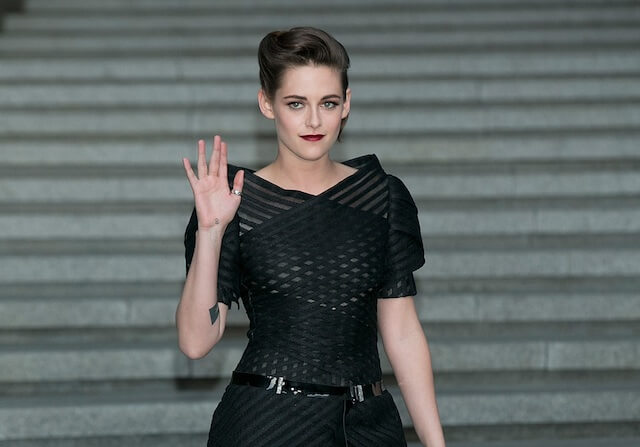
Getty Images
Follow Matt Prigge on Twitter @mattprigge











